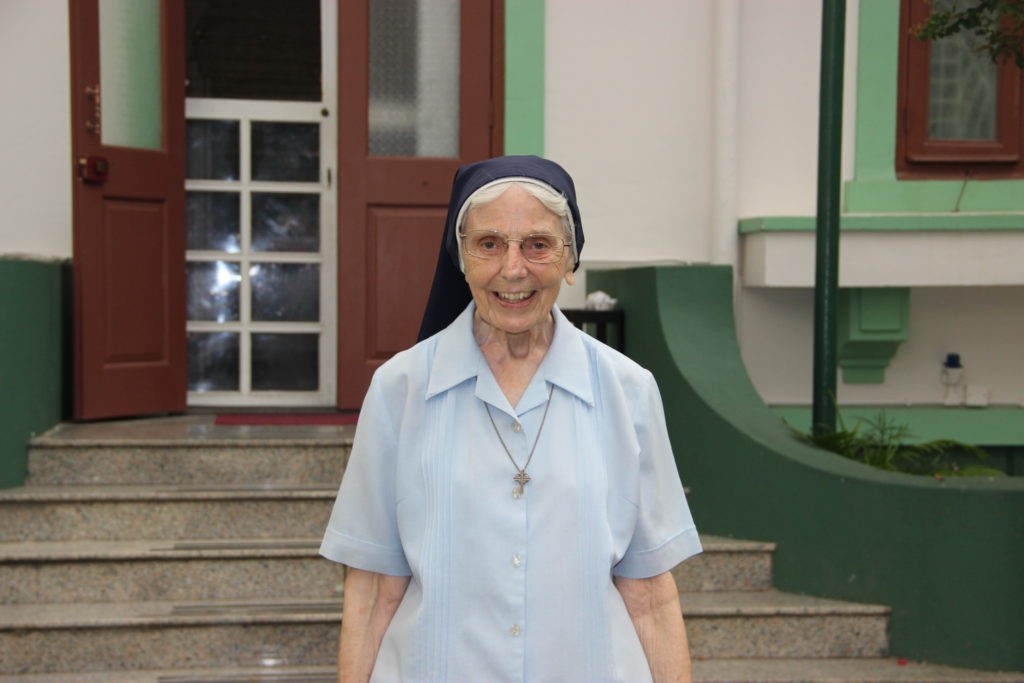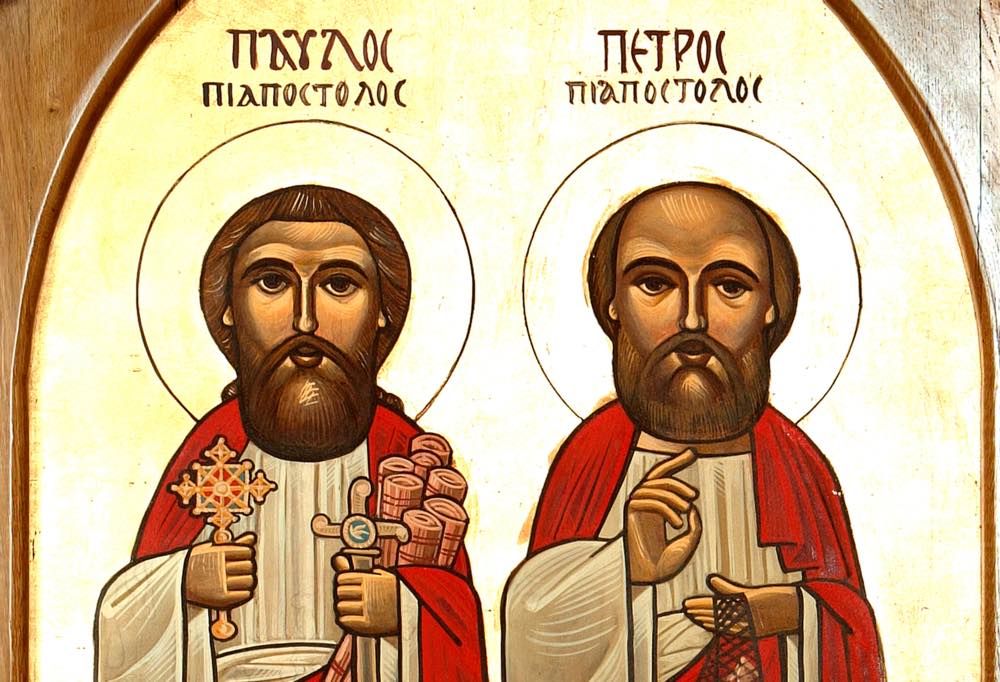PHOTO – Ana Marques
– Marco Carvalho
Most of the cases the Center had to deal with concerned domestic violence, if I am not wrong …
Yes. The huge majority of cases were related to domestic violence. Then, as you know, we managed to have this law passed. I said to many people this happened thanks to the Portuguese reporters, to the Portuguese language That’s my true feeling: thanks to them. They never stopped going forward with what they believed was a fair thing. People in Macau don’t read the Portuguese news, but the Government reads it. All the other media and the Government, their position was: “It’s up to the woman to file a complaint. That’s her human right.” And then we said: “No! Sorry, that is not her human right to decide to file a complaint or not. It’s her human right to be protected, no matter where the violence takes place, if it is on the street or in her home.” We finally won …
And it was quite a significant victory. There is an increasing number of women without fear of coming forward with situations of abuse, of taking their cases to the police. With the approval of the law, did the number of women that come looking for help decrease? Or it is still the same?
The number didn’t come down, but the reason is because more women will come forward now. And actually the Government too. I have to give them credit because on some buses you will see a hotline for domestic violence victims. If you are having problems, call this line. In the past, this was unthinkable, because the official position was that they were in their right not to complain. That didn’t make sense. Anyway, I think that the Police needed time to be educated, even though they waited one year before they actually implemented the law. It’s much better now: at least, they have an idea about the difference between somebody who just had a squabble with their husband and something much harder, of someone that was actually a victim of violence …
Why do you think that it took so long for Macau to accept domestic violence as a social nuisance? Is it a cultural question?
Well, I don’t think that is a problem only in Macau. A few things are universal. It goes back to the position of women, to the idea that women should behave and obey their husbands. Things of that kind are not limited to one place or one culture. I think that in Macau that would be very much the way things would go. You know, you close your door and what happens in your home is your own business. That’s doesn’t happen only in Macau. That kind of answers are universal. Many of these things are.
In terms of women rights, is Macau still lacking in something? When we look at the general panorama of Macau, what do you think should be done in order to improve this perspective?
Well, I think actually Macau is pretty good in this area now. I have read something in one of the newspapers not to long ago in which someone was saying that, in terms of employment and so on, men would be chosen first, even though women are in an equal standing in terms of education. Nevertheless, compared with other places, I think things are pretty good in Macau. Certainly, there are more men in the Government than women …
That is something that, in your opinion, still needs to be fixed …
Yes. But that will take a long time. I think that in Sweden they have a policy – a Government policy – that you have to hire, in different fields, as many women as men. So, if you are working in education, you have to make sure that there is a balance between men and women. That’s the official policy there, but that’s a rare perspective. And I think that only with smaller populations you can try to do something like that. In places where you have a huge population is very difficult because, in terms of culture, men are still first in every place. I still think, nevertheless, that Macau is still pretty good in that area because it doesn’t discriminate against women. Definitely, it’s not balanced in terms of who is the head of the University or the head of most of the Government Departments or when you look at people in charge of different things and so on … Still, I don’t think that women have that much feeling of being discriminated against. Maybe they don’t even think about this question that much. Some who are pro-women and want to bring this problem to the frontline, they will make sure it gets some visibility, but otherwise…
Whats next for Juliana Devoy and the Good Shepherd Sisters?
Adoption. Concerning adoption, here the mentality is that adoption is something to be ashamed of and to hide. It is so difficult to adopt. You don’t have to be a psychologist to know that the first two or three years are the most significant in a person’s life. To spend it in a children’s home, no matter how good that home is, is absolutely wrong. Nevertheless, instead of focusing only on adoption, we took up some more important words: “The right of every child to grow up in a family”. That’s what we are promoting now: the right of children to grow up in a family. The Social Welfare Bureau has started to make some changes, so these are good news. After, we are going to focus on foster care too. Even Marjorie [Vendramini, from the Cradle of Hope Association], she is very progressive, she’s with us all the time because she believes very much that there are children that are just left there, the parents don’t look after them, they don’t take them out, they only come to collect the money. The children are condemned to grow up there and that’s wrong. We don’t run out of things to do in Macau. This is very important. Very often the process is so difficult that any people that want to adopt are up to a very distressful experience: they have to go through a sort of routine examination. They are never encouraged.
It has been a challenge for you, Macau? Did Macau challenge you in a way that Hong Kong didn’t ?
I wouldn’t say it was a challenge. I would say, in a sense, that they were both opportunities. I was happy in Hong Kong. Actually, when I first went there social work was only beginning. Everything was new and, in that sense, it was challenging and interesting. The Government and the voluntary agencies worked together because everybody was learning, everything was a new experience. But, at the same time, it was different there. It was the British way and the British way put the Government in control. Then I came to Macau and I have to say I am very grateful to God. I am going to Him, I am going to Heaven and I am going to spend all my Heaven saying “Thank you,” because I had opportunities to do what I would never do in any other place. First of all, I was able to mix up this different kind of people and that happened because we were small. We can take pregnant women and we had pregnant teenagers ever since the beginning: we just had two fifteen year olds in the last few months. We can take trafficking victims, we can take women whose husbands committed suicide and they don’t want to go back to their empty house. You wouldn’t put up a service just for that. We were given the opportunity to be one small thing in a person’s life but one that has a very significant effect, that actually changes the whole life story of that person and I am really grateful for that.


 Follow
Follow


